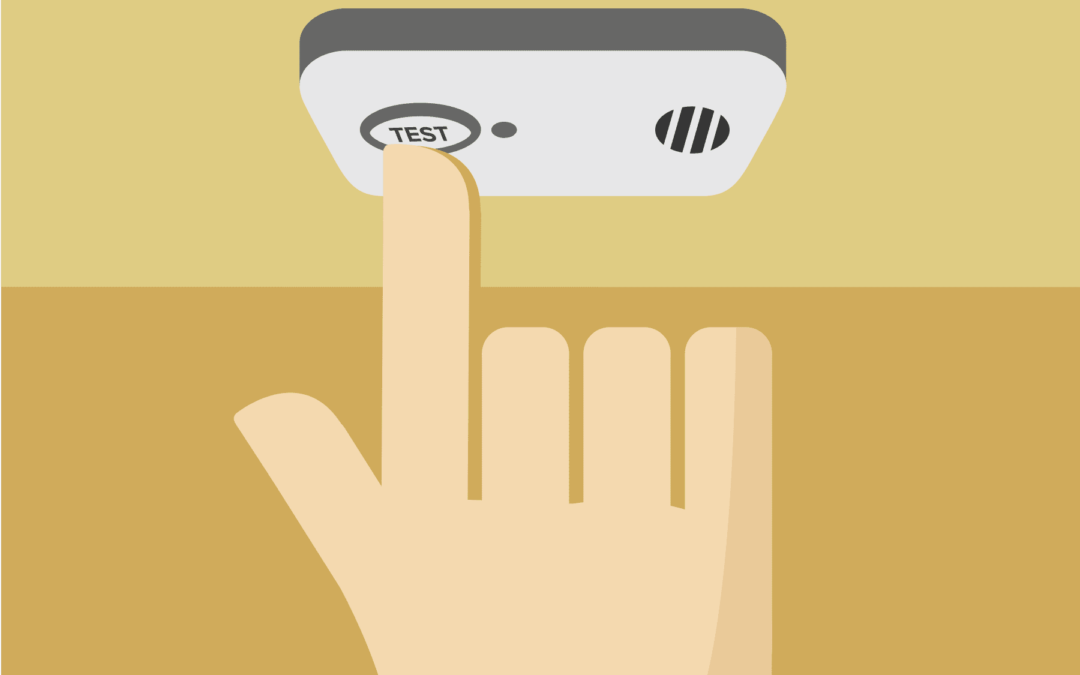CO is a toxic gas that you can’t see or smell, which can be extremely harmful if you are exposed to it. It is a by-product of burning gasoline, natural gas, propane, wood, oil, kerosene or tobacco. A buildup of CO can result from these fuels not having enough fresh air to burn completely. It can come from:
– Furnaces, gas ranges, gas clothes dryers, water heaters, boilers, fireplaces and wood-burning stoves
– Portable fuel-burning heaters and stoves like the ones we use for camping
– Vehicles, generators and other combustion engines running in an attached garage/enclosed space
– Blocked chimneys or flues
– Second-hand smoke
– Back drafting and changes in air pressure
– Barbeques and grills
CO is sometimes called the “invisible killer” because you can’t see it, smell it, feel it or taste it. Unlike other toxins or poisons, CO doesn’t cause irritations or pain – there’s no warning or danger signs. It’s important to be alert to physical symptoms such as unexplained severe headaches, disorientation, nausea and vomiting, dizziness, confusion, fatigue and weakness, sleepiness and lastly, lack of consciousness.
The risk of CO poisoning when you have correctly installed, maintained and properly used appliances is extremely low. Have a licensed contractor install, inspect and service your appliances as well as check vents regularly to make sure they are connected, clear and in good condition. Some other prevention tips:
– Make sure outside air ducts, vents and bug screens are clear – allowing air to flow freely
– Always use the exhaust fan when cooking on a gas range to ventilate the fumes outside
– Never use any appliances (BBQ, generator, heater, lamp) intended for outdoor-use inside
– Don’t start chainsaws, leaf blowers or lawnmowers inside garages or enclosed spaces
– Never start a vehicle in a closed garage
Every home with a fuel-burning appliance or heater, attached garage or fireplace should have a CO alarm. Make sure it has a proper certification mark to show that it meets the Canadian safety standards. Test them monthly and replace batteries according to the manufacturer’s instructions.
While the effects of CO poisoning can be devastating, they can be prevented. If you suspect CO poisoning, get into fresh air immediately and call 911. CO inhibits the blood’s capacity to carry oxygen and can cause health problems before you even notice that it is present.


